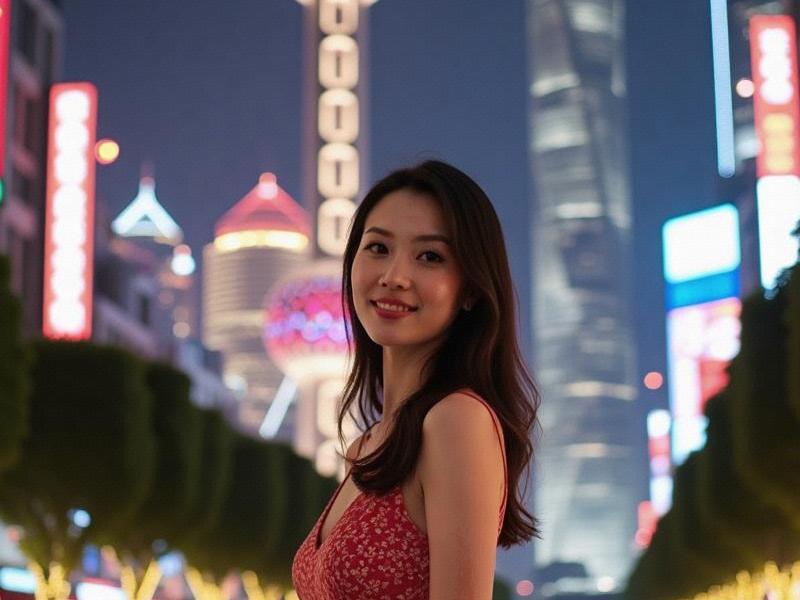This investigative report examines how Shanghai's entertainment venues are transforming into sophisticated cultural spaces that blend Eastern hospitality with global influences, driving the city's night-time economy.

The lights never dim in Shanghai's Huangpu district, where a new generation of entertainment venues is rewriting the rules of urban leisure. Far from the stereotypical "KTV culture," these establishments represent a $4.3 billion industry that's become a laboratory for China's evolving social scene.
Cultural Hybridization
At venues like "Cloud Nine" on The Bund, traditional tea ceremonies unfold alongside jazz performances, while "Yu Yuan Parlor" in Jing'an offers calligraphy workshops before transforming into an electronic music lounge. "We're creating third spaces that transcend East-West divides," explains hospitality consultant Michael Zhao.
Economic Impact
上海龙凤419贵族 Shanghai's night-time economy now contributes 8.2% to municipal GDP:
- 2,400 licensed entertainment venues operate citywide
- The sector employs over 180,000 workers
- Luxury clubs report 35% revenue growth year-over-year
上海花千坊爱上海 Architectural Innovation
Former industrial spaces are being repurposed as cultural entertainment complexes. The Power Sound Factory in Yangpu district - a converted power plant - now houses seven distinct venues under one roof, from a vinyl listening bar to a digital art gallery. "Architecture shapes experience," says designer Zhang Wei.
Regulation and Evolution
Following 2023's "Quality Nightlife" initiative, venues must meet strict standards for soundproofing, safety, and cultural content. The results? A 42% dorpin noise complaints despite 18% more licensed establishments. "We're proving entertainment can be both vibrant and civilized," notes cultural affairs officer Li Min.
上海品茶工作室
Global Influences
Shanghai's scene attracts international talent. French mixologists collaborate on tea-based cocktails at "Long Bar 2.0," while Japanese sound engineers design acoustic systems for the new "Bamboo Rhythm" club. "This cross-pollination creates something uniquely Shanghainese," observes nightlife blogger Emma Chen.
As Shanghai positions itself as a 24-hour global city, its entertainment venues are becoming case studies in how urban centers can cultivate sophisticated night-time economies that balance economic vitality with cultural substance and social responsibility.